Journey off the beaten path
Growing up in London, Khanh’s connection to Vietnam came mainly through his mother and visits to his family. He always had a yearning to understand more about his roots.
In 2020, the Covid-19 pandemic broke out, which was also the time Khanh completed his Economics program at Cambridge University. From his background in Economics, he realized the power of AI in solving economic and social problems, opening up new directions that he had never thought of. At that time, the UK was almost completely locked down, making starting a career or switching to a new field challenging. But at the same time, Khanh realized that this was the right time to pursue what he truly wanted without being dominated by career pressure.
Khanh often learns Vietnamese through a famous podcast channel on YouTube. By chance, he came across a podcast episode featuring Dr. Nguyen Xuan Phong, Director of AI (CAIO) ofFPT Software, FPT Corporation. In the video, Dr. Phong shares about the potential of AI in Vietnam, large-scale AI projects at FPT and especially the FPT AI Residency youth talent training program.
That moment became the "door" that helped Khanh see a clearer future, and at the same time realize his long-standing wish: to return to Vietnam, not only to connect more deeply with his homeland, but also to pursue the field he was increasingly interested in - AI.
Stefan Van Khanh at FPT AI Residency.
Stepping stone for great aspirations
Returning to Vietnam and joining FPT AI Residency, although he did not have an AI foundation, under the guidance of leading experts, the companionship of talented colleagues and the opportunity to cooperate with prestigious research institutes such as MILA, he quickly reaped his first achievements. “AI Residency not only trains but also encourages the spirit of engaging in difficult problems and creating real value, inspiring me to confidently pursue AI in Vietnam,” Khanh shared.
To date, Van Khanh has become the lead author of two scientific papers accepted and presented at the world's most prestigious AI conferences - NeurIPS and ICLR - which gather the leading minds in the field, meaning his research is recognized by the international academic community.
Stefan and the other “AI Residents” join in presenting the science project.
His paper, “Elliptical Attention,” proposes a new approach to building Transformers (a deep neural network architecture widely used in AI) that reduces Representation Collapse and increases Robustness. His second paper, “Tight Clusters Make Specialized Experts,” explores how to organize deep learning models in a way that increases the specialization of neural network components, improving the performance of AI systems in complex tasks.
At NeurIPS 2024, Stefan presented the paper Elliptical Attention as lead author.
Sharing about his journey at FPT AI Residency, Khanh expressed: “Here, I not only learned from my Vietnamese colleagues but was also convinced by their spirit of conquering AI, motivating me to set higher standards for myself. Most of all, thanks to AI Residency, I found new meaning and direction in my career when I returned home.”
After graduating from FPT AI Residency, Khanh will pursue a PhD at a prestigious university, with the aspiration of becoming a scientific researcher at an industrial laboratory. With his background, Khanh believes that he can contribute to the global AI research community, inspiring the young generation of Vietnam to continue on the journey to conquer AI.
“Keep an open mind when you start your research. At first, a topic may seem strange or unrelated to your expertise, but the deeper you dig, the more you will find unexpected connections to your passion and knowledge. Machine Learning is an ever-evolving field, constantly absorbing ideas from many different disciplines. Sometimes, it is the outside perspectives that lead to the most important breakthroughs in your career,” Khanh advised future students.
FPT


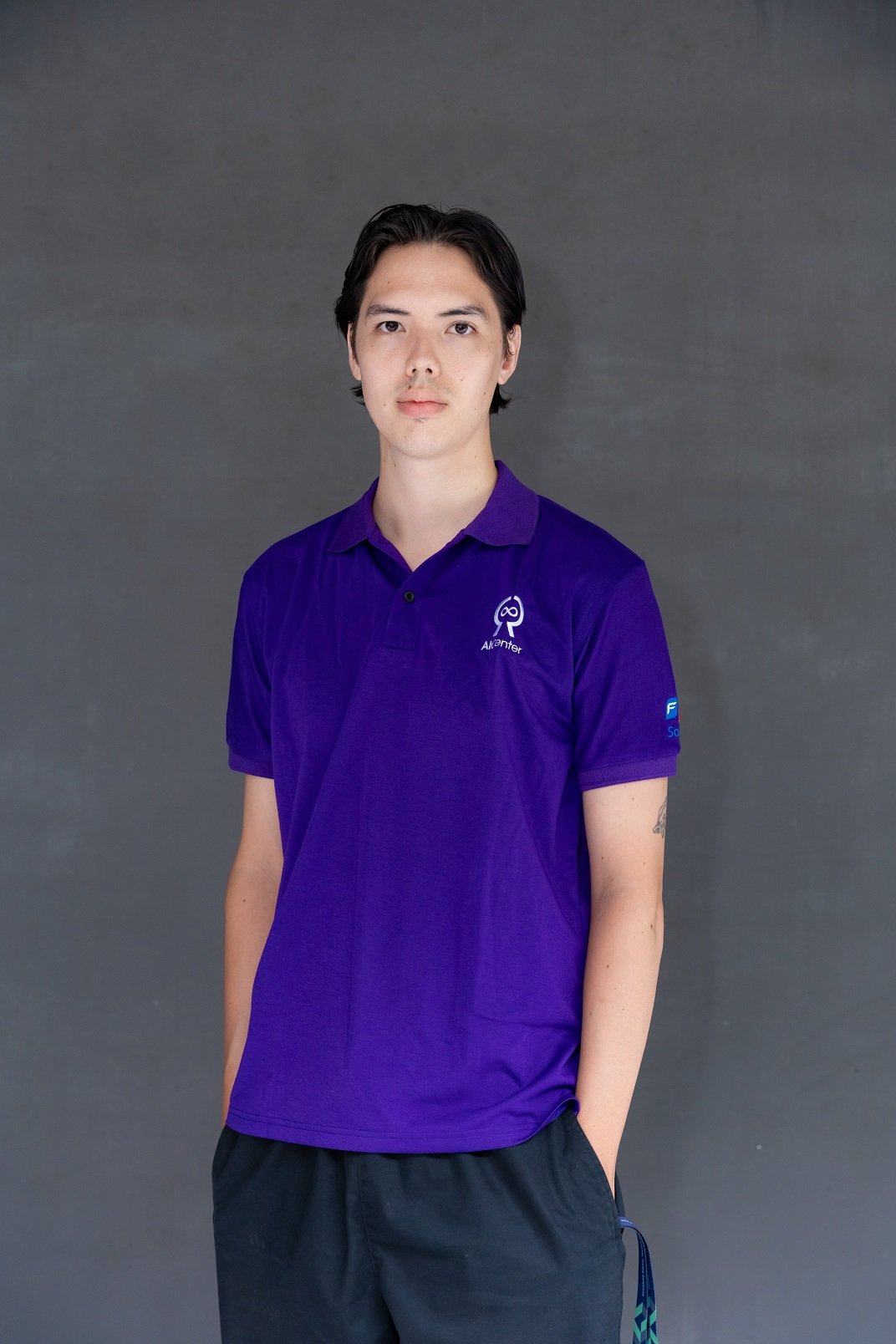
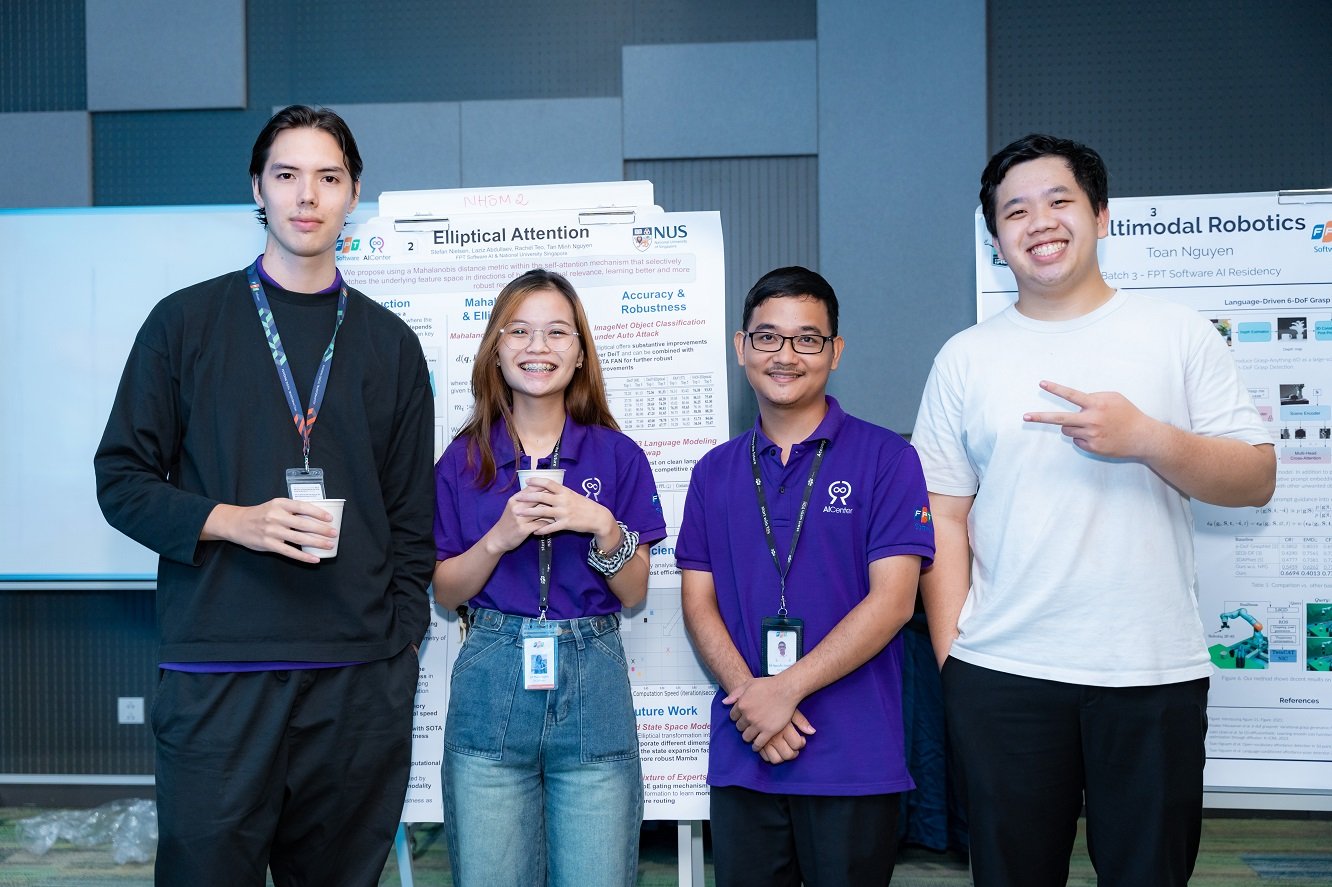



![[Photo] Editor-in-Chief of Nhan Dan Newspaper Le Quoc Minh received the working delegation of Pasaxon Newspaper](https://vphoto.vietnam.vn/thumb/1200x675/vietnam/resource/IMAGE/2025/9/23/da79369d8d2849318c3fe8e792f4ce16)
![[Photo] Prime Minister Pham Minh Chinh chairs the 14th meeting of the Steering Committee on IUU](https://vphoto.vietnam.vn/thumb/1200x675/vietnam/resource/IMAGE/2025/9/23/a5244e94b6dd49b3b52bbb92201c6986)












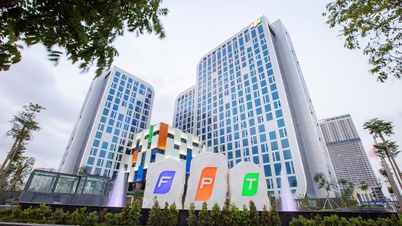

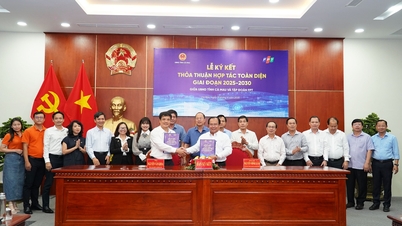











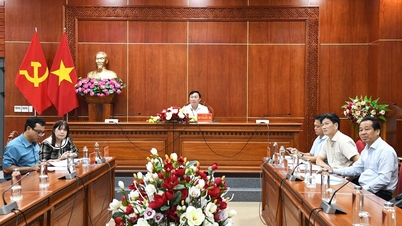

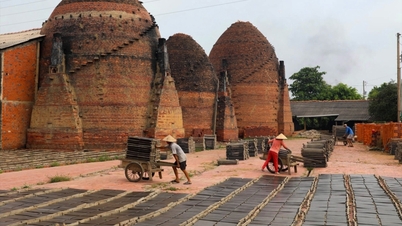





























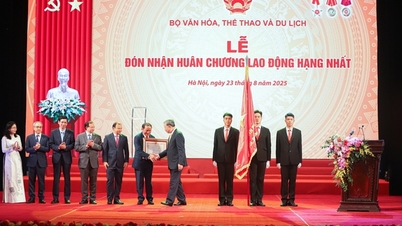

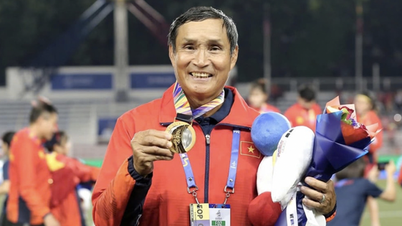




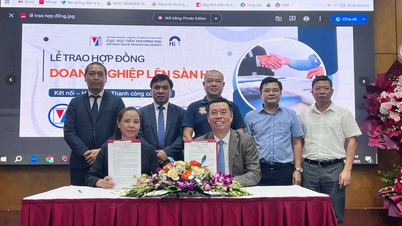




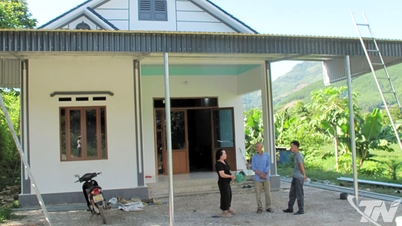





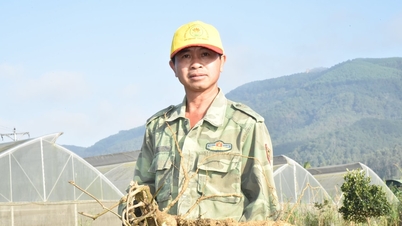










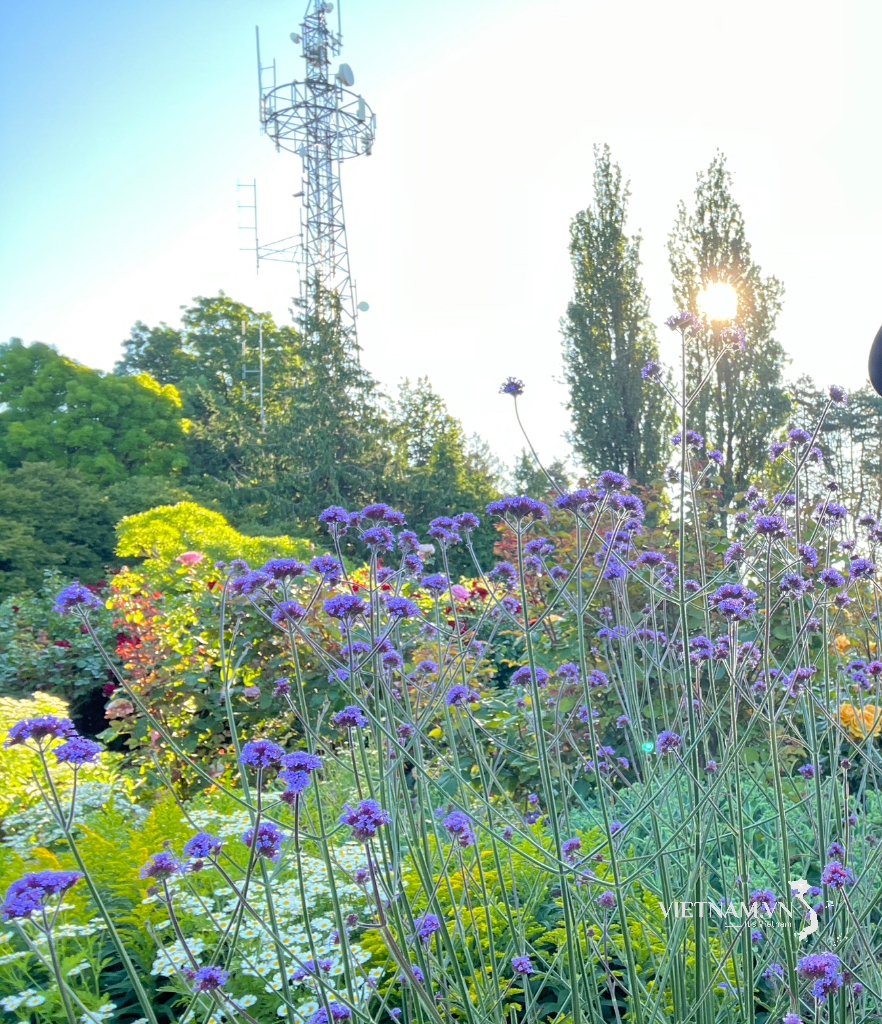


Comment (0)